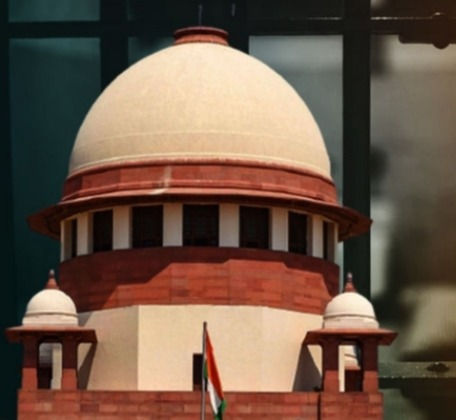
A Bench of Justices M.R.Shah and B.V.Nagaratha will consider the question whether in case of an accused there are separate offences and not arising out of the same transaction, whether the sentences imposed in both cases will run consequently or concurrently. The question arises in a case- Mohd Zahid v State- in appeal from impugned judgement of the Delhi High Court which had declined the plea that the sentences in two separate offences run concurrently. In the impugned judgement, a Single Judge of the Delhi High Court had upheld the conviction dated 20.01.2002 passed by the Trial Court finding the appellant guilty under Section 29 read with Section 21 of the NDPS Act. At the same time, another order dated 14.02.2002 was passed against the appellant to undergo fifteen years rigorous imprisonment along with fine of Rs. 1,50,000 for offences punishable under Section 31 (ii) of the NDPS Act. Crucially, both convictions and sentences arise out of two separate transactions. The impugned judgement did not find merit in the appellant argument that the sentences in both cases run concurrently. The impugned judgement notes the debilitating effect that drugs have on the individuals concerned, their family and society at large and observes that, "these type of practices need to be discouraged tooth and nail in order to organize the society and protect it from such major evil." Rejecting the appellant's contention, the judgement noted: "In the present case, the Trial Court has already taken a lenient view by awarding minimum sentence of imprisonment to the accused Mohd. Zahid. Section 31(ii) of the NDPS Act provides for enhanced punishment for offences after previous conviction. In the case at hand, it is an admitted fact that the appellant was sentenced to ten years rigorous imprisonment in a case arising out of FIR No.134/1999 and as per Section 31(ii) of the NDPS Act, he has been awarded minimum sentence of fifteen years rigorous imprisonment. This court does not find any ground to interfere with the order on sentence dated 14th February, 2002 passed by the court below. " It is in these circumstances that the Supreme Court is set to examine whether two sentences can run concurrently or consecutively.
